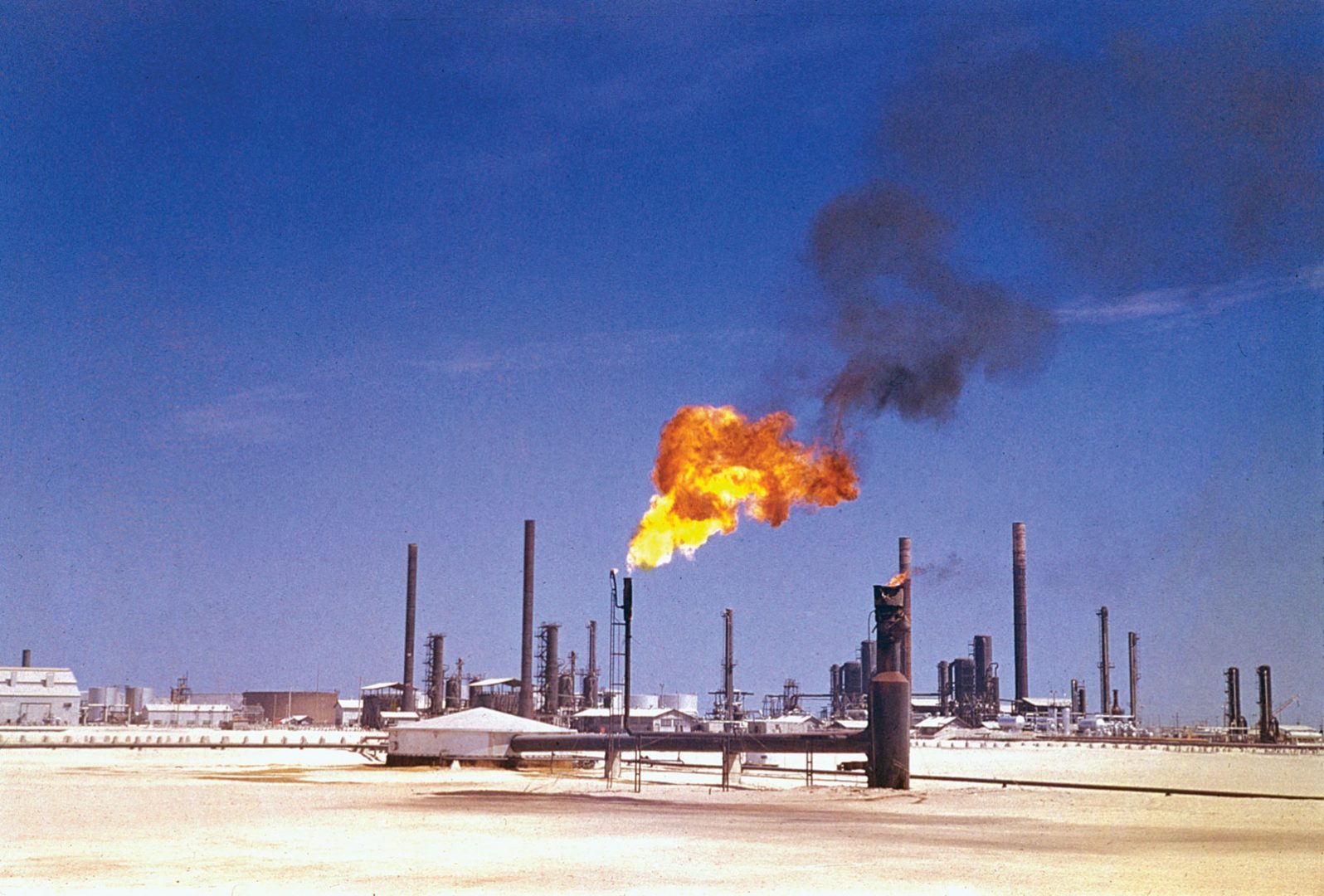Saudi Arabia will act to close Iran oil gap

Saudi Arabia is ready to increase its oil production in response to the expected decline in Iranian crude oil for international markets following President Trump’s withdrawal from the Iran nuclear deal. That’s what an official from the Saudi energy ministry told local state news agency SPA as quoted by Reuters.
The producer told buyers it planned to reduce Arab Heavy crude exports in June, but would top up the volume with the Arab Light grade to meet contractual obligations, the sources said. They declined to be identified as they were not authorized to speak with media.
Saudi Arabia was likely reducing heavy crude supplies to help meet a rise in its own crude oil demand for power generation during summer, traders said.
Saudi Arabia supported Trump’s decision on the nuclear deal, unlike the United States’ allies in Western Europe: the heads of France, the UK, and Germany stated they are committed to upholding the Iran nuclear deal.
Russia and China—also signatories to the deal—have opposed Trump’s decision and are unlikely to make any changes to their economic relations with Iran following the U.S. withdrawal. While Russia is not a consumer of Iranian oil, China and India are—and they are unlikely to stop taking in Iranian crude despite the sanctions.
“Following the U.S. decision to withdraw from the nuclear agreement with Iran, Saudi Arabia is committed to supporting the stability of oil markets for the benefit of producers and consumers and the sustainability of the global economic growth,” the Saudi official said.
The higher oil price is a plus for Saudi Arabia, which analysts say wants to see a steadier market at a higher price to pave the way for its initial public offering of state-owned oil giant Saudi Aramco. Brent futures were just above $77 per barrel Tuesday, and West Texas Intermediate futures settled at $71.14 per barrel.
“I think the Saudis will let this drift up to $80, $85 for WTI before they lift a finger,” said John Kilduff, oil analyst with Again Capital.
In the past, the kingdom has stepped in to fill gaps in global oil supply. Treasury Secretary Steven Mnuchin on Tuesday said the administration has sought help from oil-producing allies to keep prices in check.
But the U.S. request is more complicated this time. Saudi Arabia, a longtime rival of Iran, has struck a production deal with Russia, an Iranian ally that is also being sanctioned by the U.S. The question now is whether Saudi Arabia and OPEC in its “Vienna Alliance” with Russia will keep oil production targets the same or whether they adjust them to meet any loss of Iranian crude, with oil prices already high and rising.
“The Saudis wouldn’t do it without the Russians having to do it as well,” said Edward Morse, Citigroup’s global head of commodities research. “The Russians are opposed to the U.S. ending the deal, and on the other hand they don’t really like high oil prices because the ruble is tied to the price of oil. … The ideal world is one where you can keep the ruble from appreciating, keep the cost down and that would mean a stable price.”
It’s unclear how much oil will be restricted under the U.S. sanctions since U.S. partners in the nuclear agreement are against ending the deal, and Iran has said it will try to stay in it. Analysts expect some to comply but others, such as China, a party to the deal, may continue to buy Iranian oil and even increase its purchases at a discounted price.
According to analysts, Iran shipments could fall by 300,000 to 500,000 per day, compared with the 1 million to 1.5 million lost from the market during the Obama administration’s sanctions on Iran.
“I think with Iran, the additional unknown, they’ll have to wait and see over the next 180 days who orders what, what in the order book gets cut down,” said John Sfakianakis, director of economic research at the Gulf Research Center. “The big ones are the likes of Japan and other Asian consumer countries. The order book has to be reduced, and they need to see who else is out there to take these orders.”
The “Vienna” production agreement, in place since early 2017, removed 1.8 million barrels a day from the market, with both Saudi Arabia and Russia, as well as other members of OPEC and the alliance, giving up barrels.
The production agreement is scheduled to end at the end of the year, but OPEC and Saudi Arabia’s energy minister have said it should continue in some form. The pact is seen as having helped bring world oil supply more in line with demand and driving prices higher. It was also helped by the loss of barrels from Venezuela, which is currently producing 1.5 million barrels, well under its quota.

